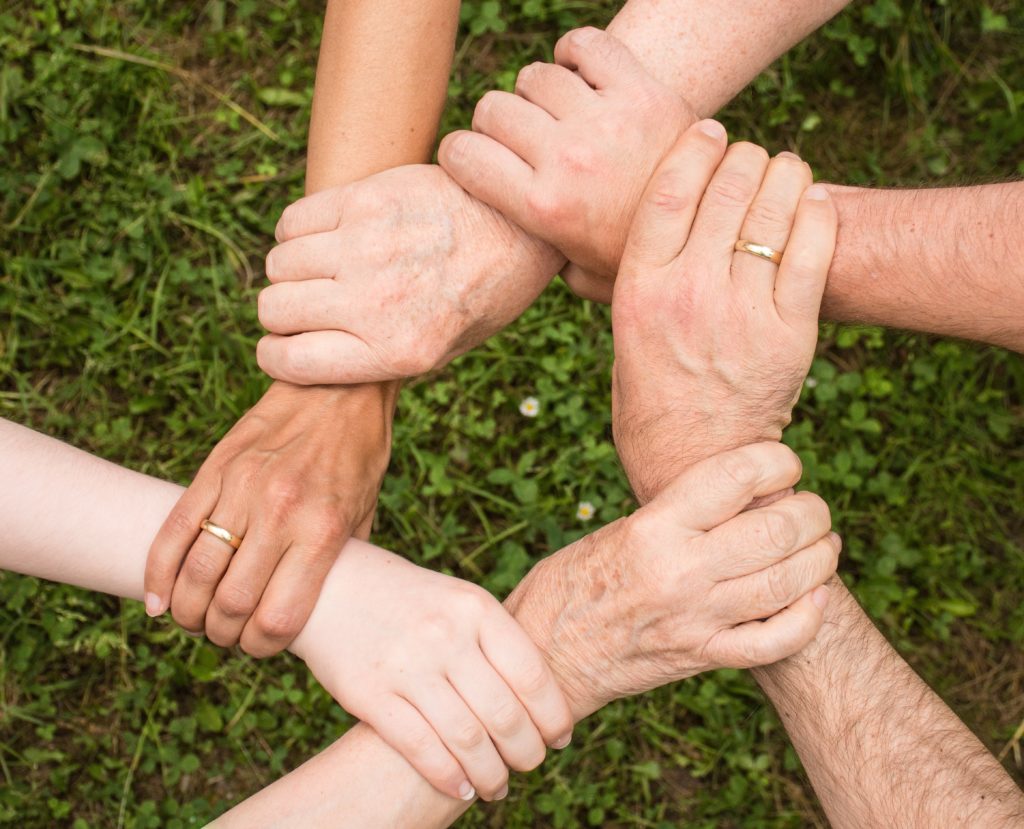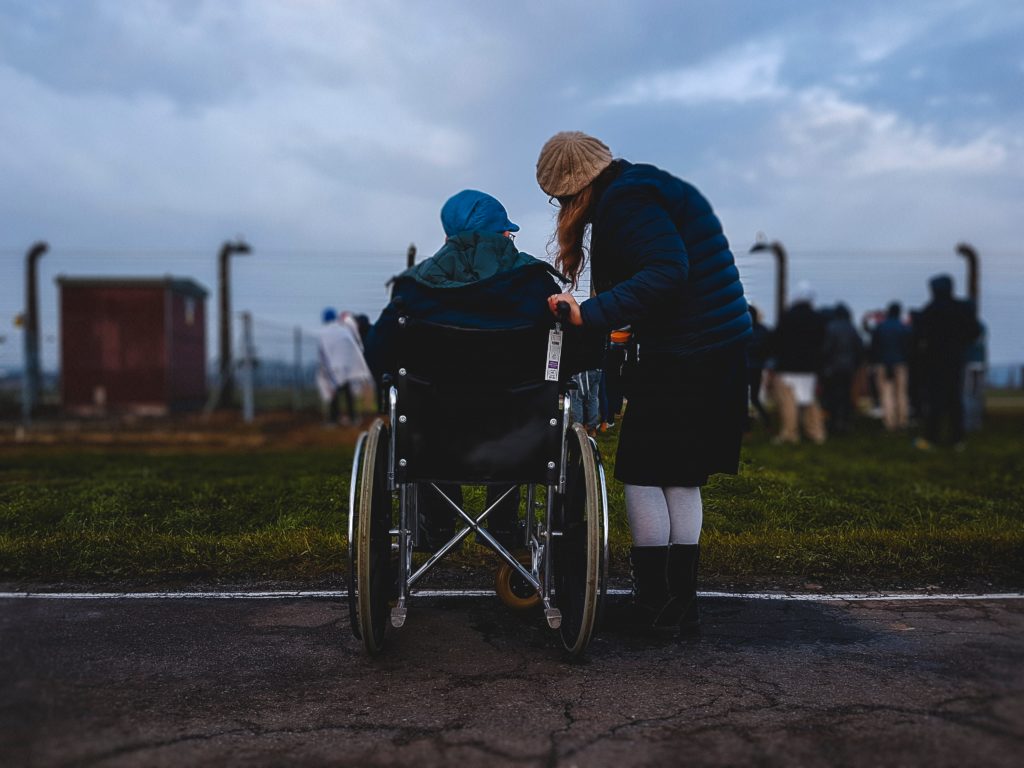Which Social Work Specialism Should I Choose?

Social workers provide help and support to adults and children with many a variety of different needs. They often work closely with other professionals, such as psychologists, mental health services or the police force.
The social work industry is massive and incorporates a range of roles. The field is often separated into two main areas: adults, and children and young people. Within these factions, there are many further sub-factions. Read on for some of the main social work specialisms and what working in them might entail.
Education and Skills

To enter social work, you’ll first need to fulfill the educational requirements, which are a bachelor’s degree and usually a master’s degree. There are many institutions offering social work programs, including those that offer a social work online degree. Having a degree under your belt enables you to then focus on a specific area of social work. You might find that you have to try different areas until you figure out what it is you want to specialize in.
In addition to these qualifications, you’ll also need great communication skills, resilience, empathy, and a genuine desire to help people and make a difference to their lives.
Children and young people

Adoption and fostering
Adoption social workers identify and select adoptive families for children who can no longer live with their biological parents. Fostering social workers, on the other hand, arrange respite and short-term care for children who cannot live with their birth parents for a short time. Short-term foster arrangements can be for anything from a day to two years. Respite placements could be long term, with a respite family or center caring for the child on a regular basis or as-and-when needed. A respite placement can also be a one-off arrangement. Whatever kind of placement the child needs, they will already have a personal social worker in place. This social worker will work with the adoption and fostering social worker to achieve whatever is in the child’s best interests.
Refugees and asylum seekers
Social workers are needed to work specifically with refugees and asylum seekers. Usually, you’ll be working with unaccompanied children, who will need to be in the care of foster families. As a refugee and asylum seeker social worker, you’ll provide support and help the children to access education, accommodation, healthcare and, in some cases, employment. In this role, you’ll liaise with other education systems, support organizations, police, and immigration.
Children and families
A social worker for children and families has an array of responsibilities. Your chief objective, however, is to support the welfare of children and their families, and make sure, where possible, that they’re protected from any harm or abuse. The social worker will support individuals and families by evaluating risks and needs and putting into place required measures and services. These might include foster care or family support. They’ll communicate with other professionals and agencies such as police, health, and education. As a social worker, some of the children and families that you support may have complex challenges and needs, for example low income, social isolation, domestic violence, teenage pregnancy and drug and alcohol abuse.
Youth justice
The main aim of youth justice social work is to avoid criminal acts and behaviors. If you take on this role, you’ll work as part of a youth offending team that’s comprised of police officers, teachers, and probation officers as well as social workers. Your focus will be young people who have been charged with offenses. You’ll carry out assessment and write reports for courts.
Adult social work

Domestic abuse
Some social workers specialize in working with people who are experiencing or have experienced domestic abuse. Domestic abuse can affect people from all walks of life, and your job as their social worker would be to help them progress with their lives while keeping themselves safe. You might be based in a refuge and arrange help for individuals, and sometimes their children, who require accommodation for the longer-term. Alternatively, you may work in the community, supporting people living in their own homes while they try to move forward with their lives.
HIV/AIDS
People with long-term conditions, such as HIV/AIDS, are sometimes supported by social workers. If you’re involved in this, you could be working with people who have recently been diagnosed and those living with the condition, who may have more complex health and social concerns.
Alcohol, drug or substance abuse

You may choose to support people who have drug, alcohol or substance abuse issues. Those affected by such issues may have lost their marriages, families or jobs. They may also not have a fixed address and may be in poor physical and mental health. Your role is to support them to look at their situation, seek help and create positive life changes. In this way, part of your job might be to work with the families of such individuals, as well as many other partner agencies and organizations.
Palliative care
Social workers in palliative care help individuals with terminal illnesses. You’ll offer practical help – for example, arranging home help – and counseling and other talking therapies.
Homelessness
You may choose to work with people who are homeless or who are living in poor or inappropriate housing. In this specialism, some of the people you work with are likely to have complex issues and needs. These could include drug or alcohol abuse or mental health issues. These challenges will need attention as well as their housing situation.
Learning disabilities
People with learning disabilities sometimes require social workers. There are many forms of learning disability; autism and Down’s syndrome are two of the more common. These disabilities impede or defer intellectual development, which can lead to struggles with everyday living. The social worker’s job is to understand their needs and make plans that assist them to live as independently as possible. Some of this client group may have other needs such as physical disabilities or mental health issues. Both of these examples are also social work specialisms in themselves.

Older people
Older people sometimes need help from social workers to keep up their independence and arrange need-specific support. If you choose to work with older people, you may be based in retirement homes, hospitals, or in the individuals’ own homes.
April Kirkwood, LPC is a vetted therapist, published author, and TedX speaker providing innovative methods untiling Eastern and Western practice and moving in the direction of accelerated spiritual ascension and healing where typical counseling falls short. Her studies and heartaches have taken her deeper into guidance found in soul contracts as well as healing and protective practices needed now more than ever. She assists others in connecting with their life purpose, finding the reasons and lessons they've come to master, and the purpose of others in their lives. Her one-of-a-kind content is creating a movement that wakes up others and Star seed children providing protection practices, soul retrieval, and guidance to prepare for 5D life on heaven on earth. The new vibrations are greatly affecting mind, body, and soul as never before in each of us as never before. Let's clear out old karma, contracts, and agreements from thousands of lifetimes for both ourselves and our lineage. You've chosen to be one of the healers of this new dispensation. Welcome home. Let's win. Let's raise the frequency of ourselves and those near and dear to us. Here to teach, guide, and love you. Grateful to serve, April